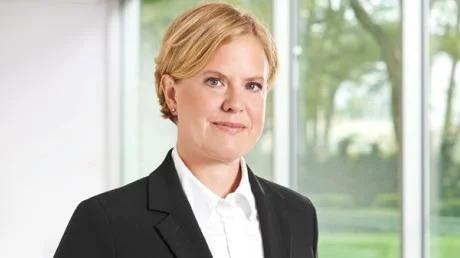In 2024, the average age of business founders in Germany reached a record low since the inception of KfW Entrepreneurship Monitor surveys. The average age was reported at 34.4 years, a decrease from the 37 to 38-year range observed at the start of the millennium. Notably, 39% of these founders were aged between 18 and 29, marking the highest representation for this age group ever recorded.
The findings were presented by KfW Research during a press briefing on Tuesday. Data was collected through 50,000 representative telephone interviews and an additional 10,000 online interviews. The term "business founder" encompasses individuals who have become self-employed full-time or part-time as freelancers or business owners or by founding, participating in, or taking over a business.
A slight increase in entrepreneurial activity was noted with the number of newly founded businesses rising by 17,000 or 3% to reach a total of 585,000 in 2024. This growth was primarily driven by an increase in part-time businesses which rose by 5% to account for 382,000 of these new ventures.
Despite this positive development, challenges remain as entrepreneurial activity has generally slowed since the early 2000s and has plateaued since 2018. Dr Dirk Schumacher, Chief Economist of KfW stated: “The entrepreneurial drive in Germany is weak... But it is also about education.” He added that confidence around financial topics could boost entrepreneurship and praised government efforts to incorporate entrepreneurship education into its coalition agreement.
Young people's preference for entrepreneurship remains relatively high with over one-third expressing interest in self-employment over traditional employment roles. Additionally, plans for starting new businesses saw recovery from previous lows with nearly five percent of the population engaged in such pursuits.
Dr Schumacher anticipates moderate growth in entrepreneurship rates for 2025. He highlighted other findings including that around one-third of new businesses close within three years while approximately two-thirds continue after five years. Start-ups are becoming more capital-intensive with fewer founders investing less than EUR 5,000 due to rising costs.
Funding predominantly comes from personal funds with three-quarters of founders relying solely on their own resources—a record level according to the monitor. Most new enterprises (83%) are established from scratch rather than through takeovers or participations which have declined since mid-2000s despite marginal growth last year.
Digitalization continues to rise among new businesses with over one-third being online-based—the highest rate recorded thus far—and contributing significantly to job creation with approximately half a million full-time equivalent positions generated last year.
Female entrepreneurs accounted for roughly one-third (36%) of all business founders aligning closely with long-term averages though they are more likely than males to pursue short-term self-employment opportunities.

